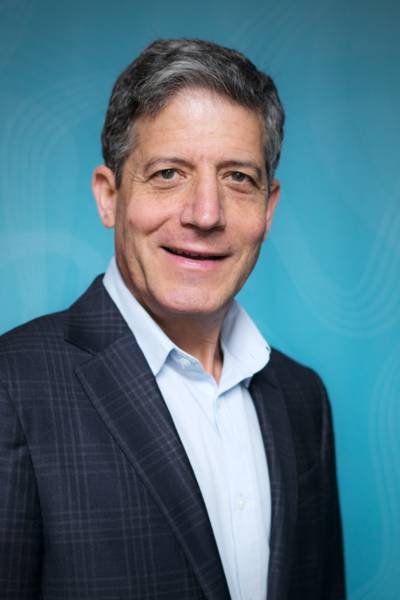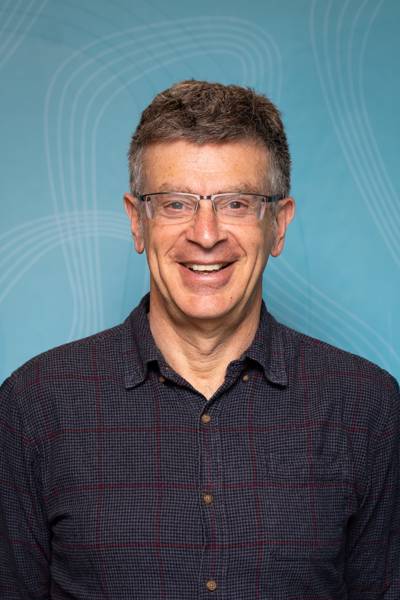Religious and secular mediators need each other
Posted Thursday, 16 Oct 2025 by Gregory M. Reichberg, Laurie Nathan & Helen Alford

In his recent interview with Crux journalist Elise Ann Allen, Pope Leo cautioned against expectations that the Holy See might play a mediating role in the conflict between Russia and Ukraine: “I’d make a distinction,” he said, between “the voice of the Holy See in advocating for peace and a role as mediator, which I think is very different and is not as realistic as the first one.”
To our mind, this distinction is fundamental and shows how Pope Leo appreciates that peace mediation is a distinctive and specialized task. It requires preparation, adequate resources, knowledge of the specific conflict dynamics, trusted relations vis-à-vis the conflict parties, and not least, an appropriate skill-set.
These issues were the subject of a conference that took last July in Vatican City on “Religious Dimensions of Peacemaking.” Hosted by the Pontifical Academy of Social Sciences, and organized jointly by the Keough School of Global Affairs at the University of Notre Dame and the Peace Research Institute Oslo (PRIO), the conference brought together scholars and practitioners from across the globe – including Afghanistan, Australia, Colombia, Congo, Egypt, Ghana, India, Israel, Italy, Japan, Norway, Palestine, Pakistan, the Philippines, South Africa, Sudan, South Sudan, Türkiye, the United Nations, and the United States – to examine how religious and secular mediators can work together in preventing and resolving violent conflicts.
Much attention has been directed over the last years to the negative image of religious actors as fomenters and drivers of conflict. While this cannot be denied, it must also be recognized that faith leaders have exercised beneficial roles in diffusing conflict. Such engagements are imperative in today’s world. The late Ayatollah Sistani of Iraq, for instance, deserves much credit for taking effective outreach to stem the religious and ethnic strife that had beset his country over many years. In Colombia, the Catholic Church has made an extremely valuable contribution in leading and supporting peace negotiations between the government and rebels. Catholic mediators have undertaken vital mediation in Mozambique and South Sudan.
Faith leaders bring unique credentials to peace mediations. They often enjoy the trust of the opposing sides and may have access to spoilers and other conflict-parties that secular mediators, especially outsiders to conflicts with religious dynamics (over sacred sites, for instance) do not. Through their proximity to local communities, religious peacemakers can impactfully articulate the effects of conflict on victims: bringing victims’ voices to the fore will not only shine light on crimes perpetrated but can also create a vision for the way forward. Religious frameworks can provide sources of inspiration and moral imagination regarding how positive peace and healthy societies can be envisioned and created. As ‘doctors of the soul,’ religious leaders will often have fluency in the emotional side of peacemaking – a setting where strong affects of hurt and anger will invariably run high, enabling them to facilitate spaces for healing within peace processes.
Secular mediators, including the United Nations and state mediators such as Switzerland and Norway, increasingly realize that they would benefit from acquiring greater religious literacy, enabling them to appreciate more deeply the ways in which the spiritual and theological convictions of conflict parties shape the conflict dynamics and the potential for conflict resolution. If secular peacemakers fail to understand these views and are deliberately or unintentionally dismissive of religion, they will struggle to win the trust of the parties. On the other hand, the UN and other secular mediators have benefited tremendously over the last twenty years from an investment in developing institutional capacities for mediation. This includes accrual of expert knowledge, research into best practices, dedicated resources and mediation support units, all of which ensure long-term, professional, and sustainable engagement in peace processes. Religious leaders, by contrast, often find themselves drawn into mediation roles without being conversant in the body of expert knowledge that has developed in this domain. They would benefit from increased awareness of the specialist skills possessed by secular mediators, and ideally from acquiring these skills themselves. This would enable religious mediators to act with greater confidence and discernment in settings where the challenges are many and progress is a matter of life and death for communities in conflict. In short, the two groups of mediators have much to gain from sustained interaction with each other. The Catholic Church has a long history of diplomacy and peacemaking. It is a trusted actor in many conflict contexts and operates at high diplomatic levels. Holy See ambassadors (nuncios) are posted to well over 150 states, and they have unparalleled access to government elites, as well close contacts with the grassroots in a myriad of local settings, though their association with bishops and church communities in host countries. Much has been done to foster peaceful transitions in the many places where Holy See diplomacy has been active. The potential is even greater and in need of urgent realization, given the crises that are piling up in the world today.
Much could be gained if the Holy See’s diplomatic corps enjoyed the specialist knowledge and skills training of professional mediators. While wholeheartedly accepting the distinction that Pope Leo makes between advocating for peace and mediation, and his emphasis on the former, we should look for ways to optimize the opportunities for mediation that are presented to the Church, and especially to the Holy See’s diplomats, especially if they are as well trained for this as their secular counterparts.
- Gregory M. Reichberg is Research Professor at the Peace Research Institute Oslo (PRIO)
- Laurie Nathan is Professor the Practice of Mediation at the Kroc Institute, Notre Dame University
- Sr. Helen Alford is Dean of Social Sciences at the Pontifical University of St. Thomas Aquinas (Angelicum) and President of the Pontifical Academy of Social Sciences.











